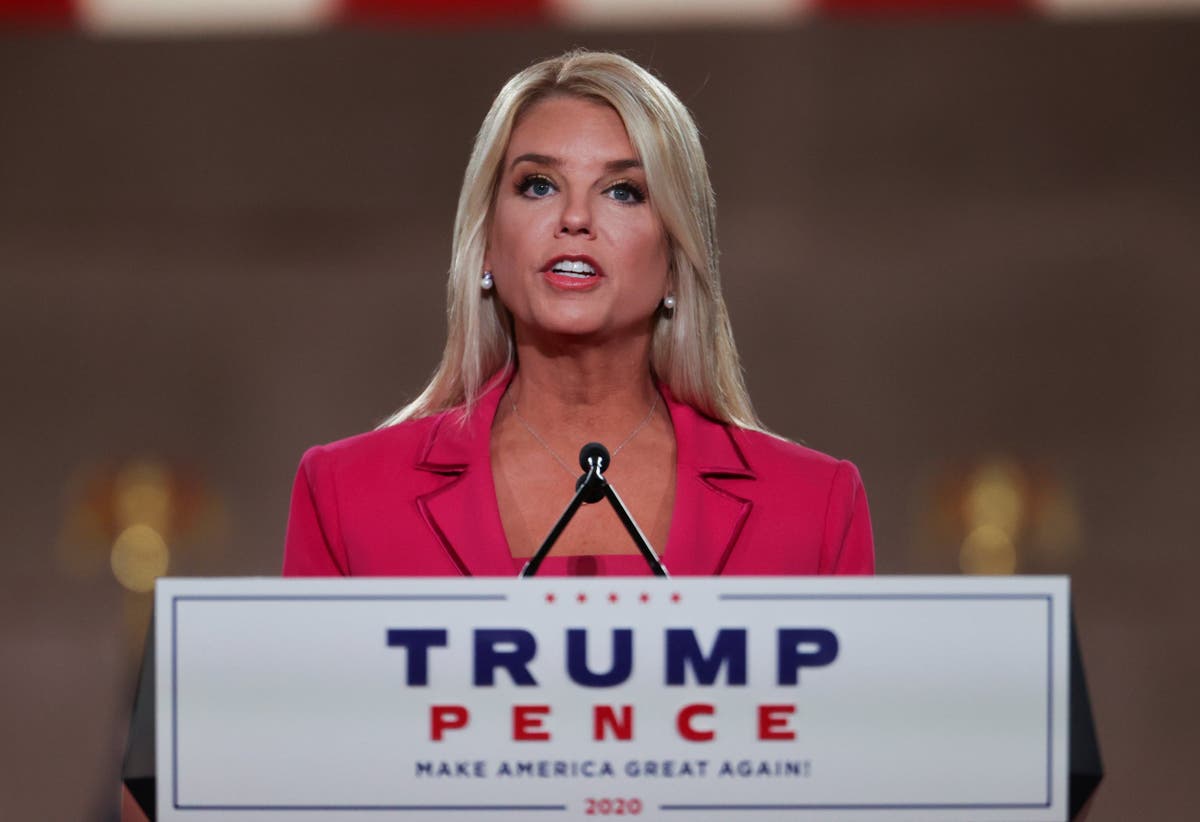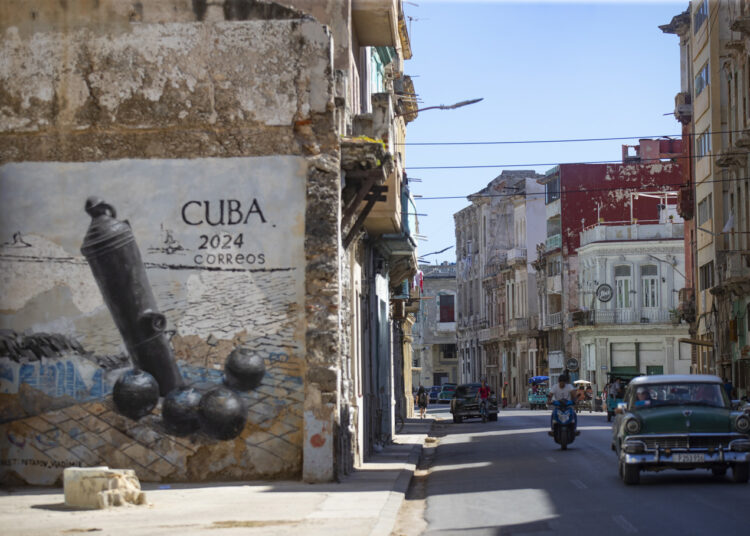
I’ve never been a runner or an athlete, so deciding to run the New York City Marathon at age 60 was not ideal. But on Sunday I laced up my trainers and headed for the starting line in Staten Island, along with 52,000 other runners. Finishing those 26.
2 miles was one of the hardest psychological and physical challenges I’ve ever faced. Between my family and my job as CEO of Success Academy , finding time to run and train for a marathon had seemed unimaginable. Obviously, I’m capable of running.
But when I was out there, the enormity of 26.2 miles seemed impossible. My biggest fear was I’d fall behind the sweeper buses and not finish before the streets were opened to traffic! Needless to say, I didn’t break any speed records, but that wasn’t my goal.
Rather, my aim was to show solidarity with Success Academy scholars, parents and educators — all of them running a marathon of their own, an education marathon that is every bit as challenging as mine. I wanted to inspire them, to demonstrate that doing hard things matters. At Success Academy, we see education as an endurance sport.
We’re running long-distance — 13 years of continuous learning, bolstered by new K-12 content and curriculum that will double our scholars’ college preparedness. We call it our “education moonshot,” and I’d been thinking about how hard our work is and what I could do in solidarity with all of our educators, our scholars and families. For me, running is hard, and running a marathon even harder.
Our goal is 100% of scholars going off to four-year colleges , with robust financial aid. That takes grit and resilience. It will also take all of our community — educators and parents, kids and teachers — locking arms, committing to our goal, and working together as a team.
This path is just not always linear — there will be challenges, surprises, setbacks. Some days you take one step backward, then the next, two steps forward. Seventh grade could be really difficult, or fifth grade could feel impossible.
Ninth grade could start out easy, but then get challenging again. When you’re in that place, it’s tough to see over the horizon. But you have to just keep on going.
This was my mantra on Sunday: You just have to put one foot in front of the other. You have to have confidence in yourself. You have to believe that you can get to the other side, that there’s light at the end of the tunnel.
And that applies to anyone who is struggling, runner or scholar or teacher. It’s all a metaphor for life. No matter what you’re facing, finding joy in hard things is about believing in yourself and trusting that you can do whatever you set your mind to do.
Then putting in the effort. There’s no such thing as a sprint when it comes to a child’s education, and so I challenged myself to a similarly hard race. Around mile 22, I thought about giving up.
My legs were numb and my body drained. I felt like I could not take a single step further. But then I looked up.
I was at 118th St. in Harlem, a block from where we opened our first Success Academy in 2006. I thought about the first students who entered our doors — 165 kindergarteners and first graders — and the commitment I made to their families as their principal.
I thought about how far we’ve come. How our first school has grown into 57 schools, with enrollment swelling to 22,000. We’ve come so far, but I will never lose sight of how much work there still is left to do.
Educating children, solving the educational inequity problem, requires pushing our limits. It requires endurance. It’s not a sprint.
We’re not going to solve the educational crisis in this country without persistence. It’s not that the problem is impossible to solve. We have to find the will.
We have to get together as a country and decide that our No. 1 domestic issue is poor educational outcomes for children. Once we decide that, solving it will go more quickly.
But as a country we have not decided this, so we are not close to solving it. Whether you come at this issue from a social justice perspective, which I do — we can’t have a country full of educational haves and have-nots — or if you come at this issue as I also do, as a patriot who loves this country, who thinks we live in a great country, we must solve this problem. We cannot limit educational opportunity for children.
We must as a country have strong academic outcomes. We must take on hard things. Eva Moskowitz, a native New Yorker, is the founder and CEO of Success Academy Charter Schools.
.














